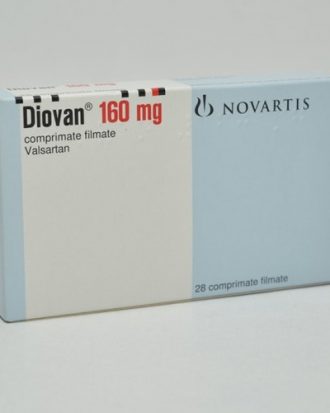Ultracaine Vial (Inj.) 0.5%
৳ 250.00
Indications
- Local infiltration: 0.25%
- Peripheral nerve block: 0.25%, 0.5%
- Sympathetic block: 0.25%
- Lumbar epidural: 0.25%, 0.5% and 0.75% (non-obstetrical)
- Caudal: 0.25%, 0.5%
Therapeutic Class
Description
Pharmacology
The rate of systemic absorption of bupivacaine and other local anesthetics is dependent upon the dose and concentration of drug administered, the route of administration, the vascularity of the administration site, and the presence or absence of epinephrine in the preparation.
- Onset of action (route and dose-dependent): 1-17 min
- Duration of action (route and dose-dependent): 2-9 hr
- Half life: neonates, 8.1 hr, adults: 2.7 hr
- Time to peak plasma concentration (for peripheral, epidural, or caudal block): 30-45 min
- Protein binding: about 95%
- Metabolism: hepatic
- Excretion: renal (6% unchanged)
Dosage & Administration
Peripheral nerve block: 12.5 mg (as 0.25% solution) or 25 mg (as 0.5% solution). Max: 150 mg/dose.
Sympathetic nerve block: As 0.25% solution: 50-125 mg.
Retrobulbar block: As 0.75% solution: 15-30 mg.
Caudal block In surgery: 37.5-75 mg (as 0.25% solution) or 75-150 mg (as 0.5% solution). Lumbar epidural block In surgery: 25-50 mg (as 0.25% solution) and 50-100 mg (as 0.5% solution).
Interaction
Contraindications
Side Effects
Cardiovascular System Reactions: Myocardial depression and peripheral vasodilatation resulting hypotension and bradycardia, ventricular arrhythmia, cardiac arrest.
Hypersensitivity: urticaria, pruritus, erythema, angioneurotic edema ,tachycardia, sneezing, nausea, vomiting, dizziness, syncope, excessive sweating, elevated temperature, and possibly, anaphylactoid reactions.
Pregnancy & Lactation
Precautions & Warnings
Use in Special Populations
Geriatrics: A reduction in dosage may be necessary for elderly patients especially those with compromised cardiovascular and/or hepatic function. Where epidural administration is to be used, a small dose may provide sufficient anaesthesia
Impaired hepatic function: Although bupivacaine is metabolised by the liver, dosage reduction is probably not warranted. However, caution should be exercised with repeated doses.
Impaired renal function: Impairment of renal function is unlikely to affect bupivacaine clearance in the short term (up to 24 hours). However, toxicity due to accumulation may develop with prolonged or repeated administration.






Reviews
There are no reviews yet.